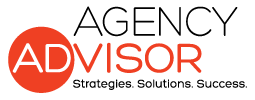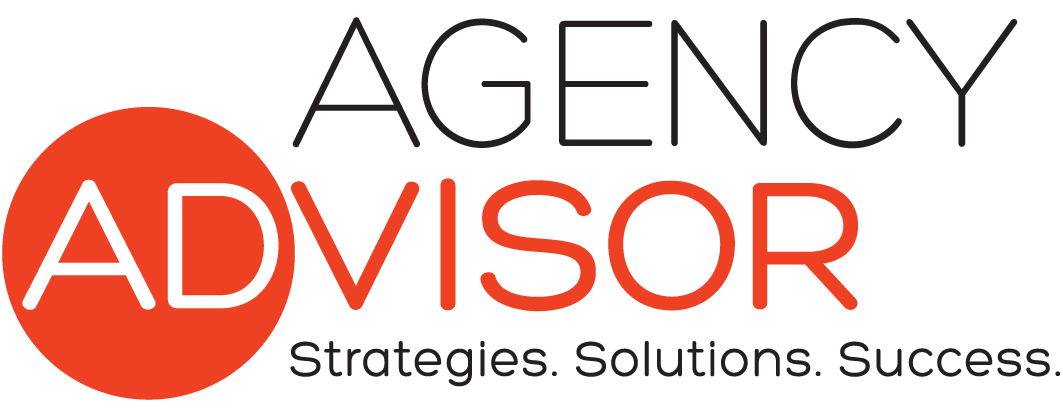 |
Since this is my lifeline to my clients, I dropped everything and made my way to the Apple Store. As usual, it was packed with people. Many of them there for the same reason. After about five minutes of searching for an available employee, I was approached by someone holding their iPad.
 |
He asked what brought me into the store. I held up my phone and showed him my frowny Emoji face. He took my name and even noted that I had Apple Care. He then explained it was about a three-hour wait. I expected this and had brought work with me, so found a place to park myself.
Once an Apple Genius became available, I learned that my phone’s serial number had been stolen, and my Apple Care was no longer valid.In total, I spent about 18 hours over two days getting the glass on my phone replaced. I had the pleasure of working with nine Apple Store employees and two customer service phone representatives.
What if, the process at the Apple Store had looked more like this?
- I (the customer) walk into the store looking for help.
- A representative approaches me (the customer) and asks what I need help with.
- When asking for the person’s name, the agent also gets the serial number for the device needing repairs.
- This information is entered along with my (customer) name into the iPad. Any unexpected issues that may exist are discovered and resolved before any wait time.
- The representative remains the central point of contact throughout the entire process. Connecting me (customer) with the necessary people and departments through the final resolution.

